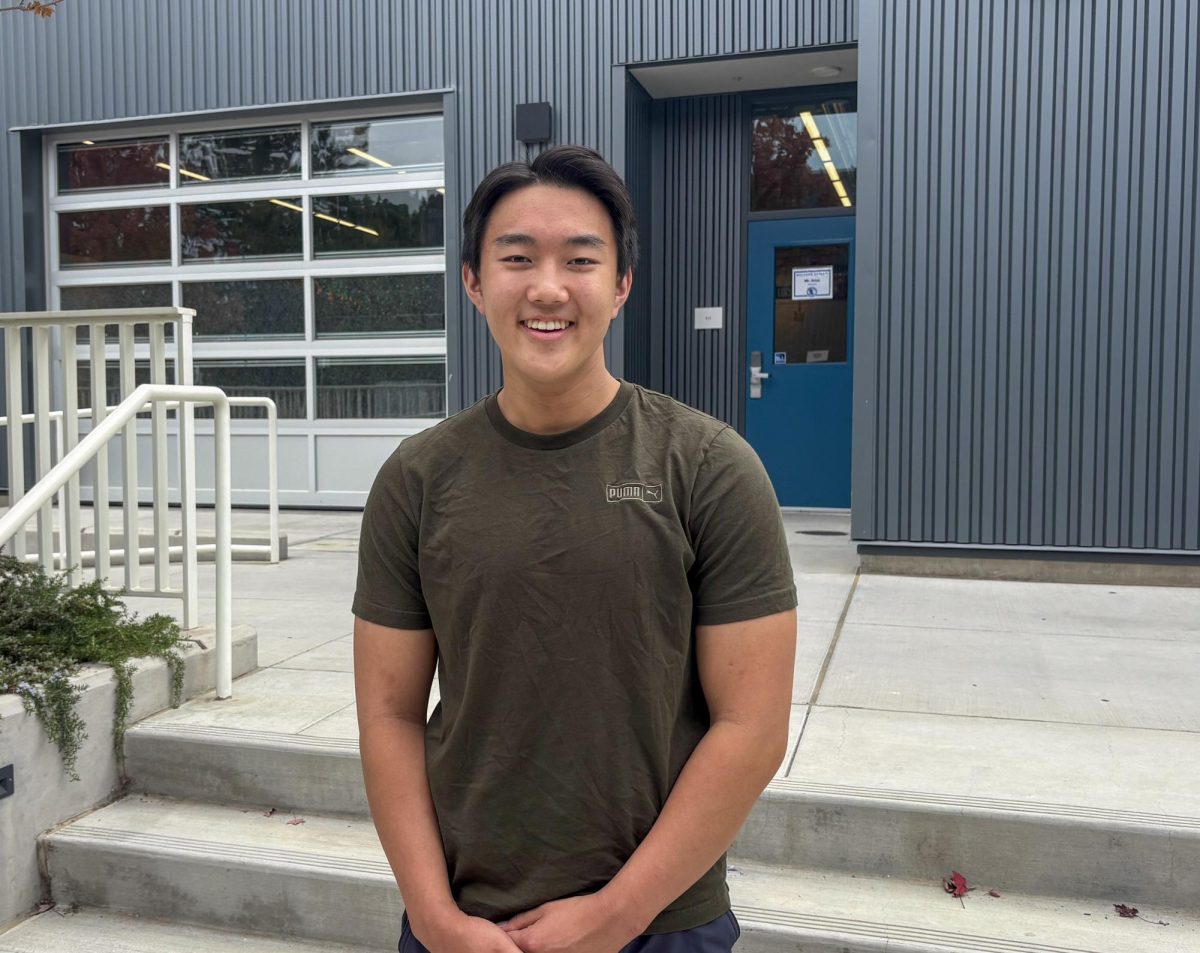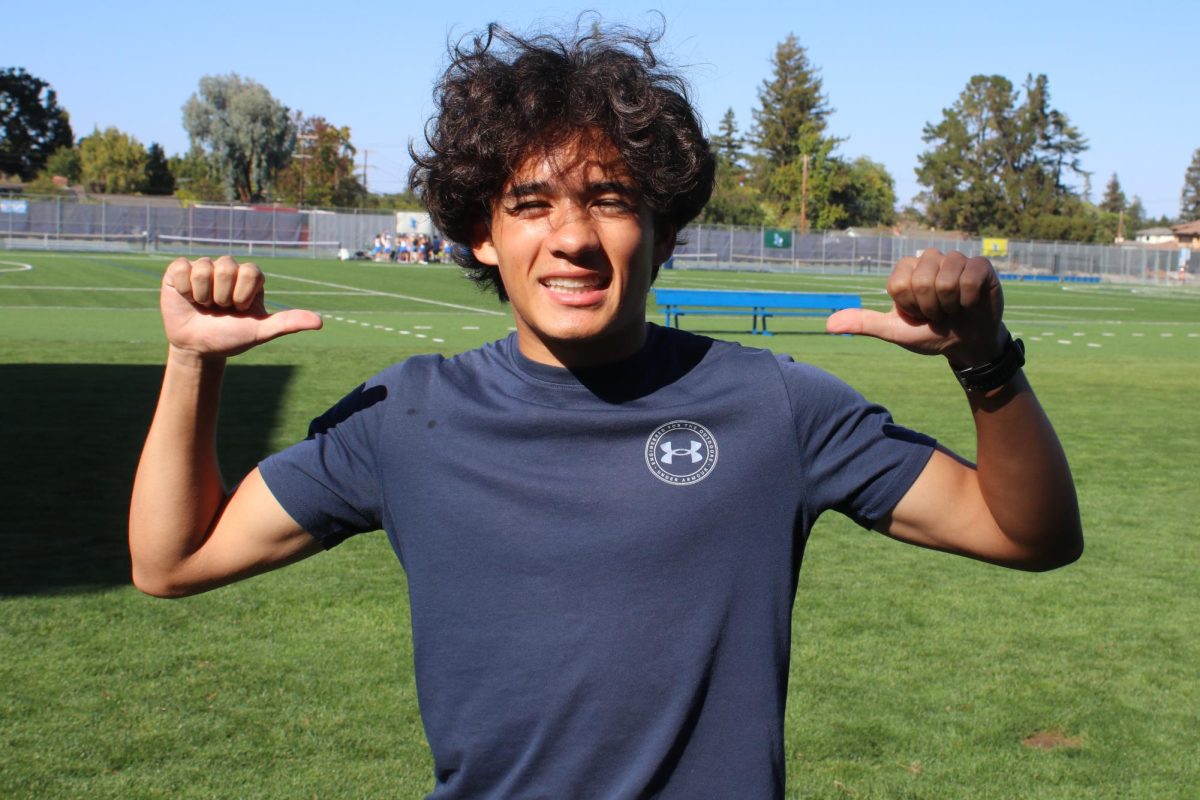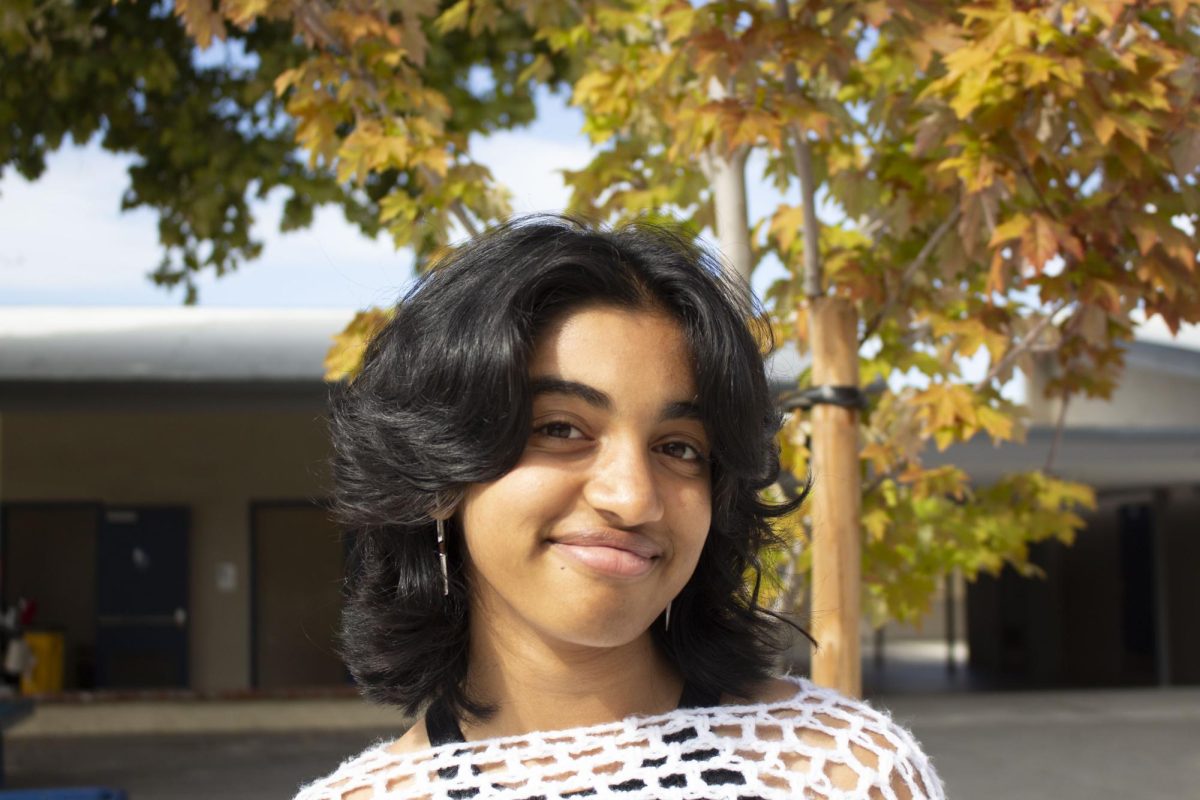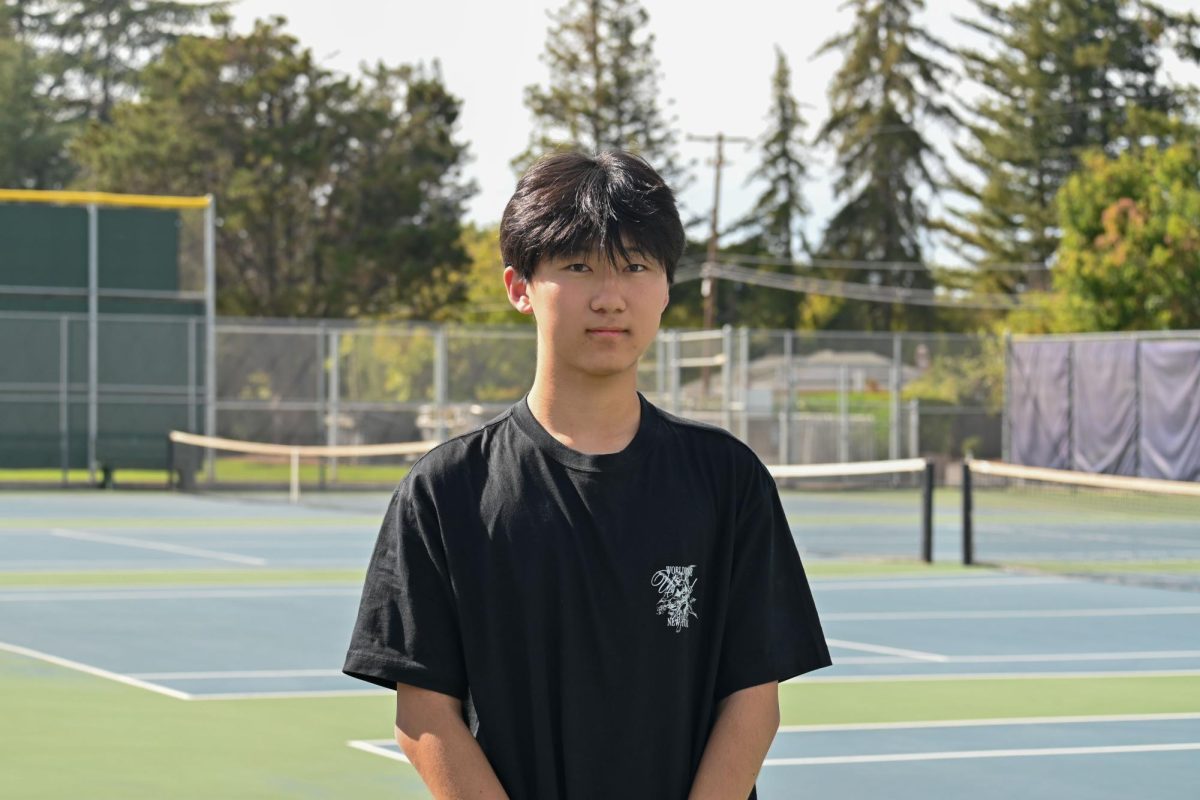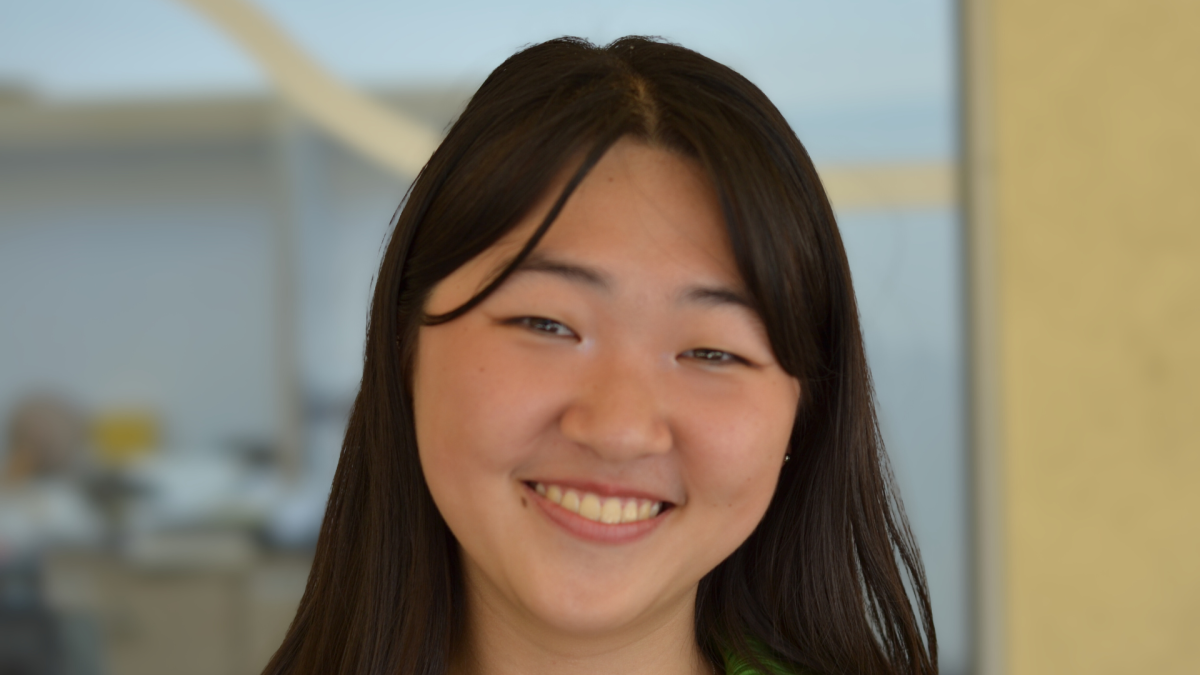This summer, several students traveled to foreign countries to participate in programs that help underprivileged communities.
Social studies teacher Seth Donnelly and seven students formed the Haiti Solidarity Group in the spring. Its mission was to facilitate a trip to Port-au-Prince, Haiti, which lasted from July 19 to July 29.
While the Haiti trip was not a school-sponsored trip, it did receive support from outside sources, such as Global Exchange.
“We raised a lot of money ourselves to go,” senior Alex Cala said. “We sold chocolates, T-shirts and we did a car wash.”
One Dollar for Life (ODFL) provided Haiti Solidarity with the remaining $10,000 the school raised last year to distribute on their trip. The group also brought over 15 bags of food, clothes and hygienic materials to donate to the people they visited. Among the items were 200 solar lights, donated by the Palo Alto-based One Million Lights, a non-profit public charity group.
They stayed with a woman named Rea Dol and her family for 10 days. An activist and director of SOPUDEP, Rea was already acquainted with Donnelly, who met her five years ago during his trip to Haiti, and she opened her home to the members of the trip. SOPUDEP is a school focused on education for children of all ages who could otherwise not afford an education.
“She is an amazing activist that has been working tirelessly since the earthquake to carry out relief to people who were devastated,” Donnelly said.
As part of the nationwide Amigos program, other students elected to stay in another country for six weeks and lived with a host family in order to carry out a volunteer project.
Seniors Jacquelyn Cheng and Ben Schneider and junior Lydia Vieraitis each went to a different country, where they worked as part of the Amigos group on community–based projects. Jacquelyn went to Limone, Costa Rica, Ben helped out in Cocle, Panama, and Lydia worked in La Paz, Honduras. They each worked with one or two partners from other Amigos chapters of the country to teach children’s summer camps for two hours a day for five days a week.
“It’s supposed to be fun for the kids to attend it,” Lydia said, “but you’re supposed to get across certain educational information as well.”
When Jacquelyn arrived in Costa Rica, she was warmly welcomed by her community. She was surprised that she could relate so well to the local people.
“One thing that surprised me was how open everyone was, how people were willing to talk to us and invite us into their homes,” Jacquelyn said.
Jacquelyn and her partner worked with la Universita Earth, a school that works with environmental health and sustainable agriculture. The two taught classes and worked on a community project in which they built a play area with a roof for the children of Limone.
“We went around the community and got ideas from the people,” Jacquelyn said. “Where we were, it rained almost every day.”
Volunteers in Haiti and in Latin American countries look back fondly on connections they made.
“I loved meeting the people that I met,” Lydia said. “I would definitely go back again.”
Ben worked with his partner in Panama to teach kids about dental hygiene and environmental health, holding activity days where they helped clean up garbage. He facilitated a school beautification project, a masatero, which was a flower box in the front of the school.
“[This experience] turns you into a different type of leader,” Ben said. “This is a kind of leadership where you learn to step back, where you learn to encourage people rather than control them.”
Similarly, the students in Haiti worked closely with local groups and organizations and were amazed at the warmth and gratitude of the people there.
“The people we met were incredible, kind and passionate,” junior Katy Schaefer said. “I think everybody was sort of surprised; we weren’t expecting as much [generosity] as we really got.”
Haiti Solidarity visited several women’s groups and childrens’ schools, exchanging many stories with the people they met along the way. The women’s groups help teach skills that women can use to work for their own living. The Haiti Solidarity Club donated $1,000 to each organization it met.
Every night, Haiti Solidarity would gather up to debrief on what they had done that day.
“Actually giving people something right in front of my eyes was the most rewarding thing,” Alex said.
Donnelly explained the plans that he had for Haiti, and the solidarity that he wanted to establish with the people there.
“The term solidarity means to stand with somebody,” Donnelly said. “We plan to establish long- term relationships where we walk with the Haitians. We also plan to learn from them.”



